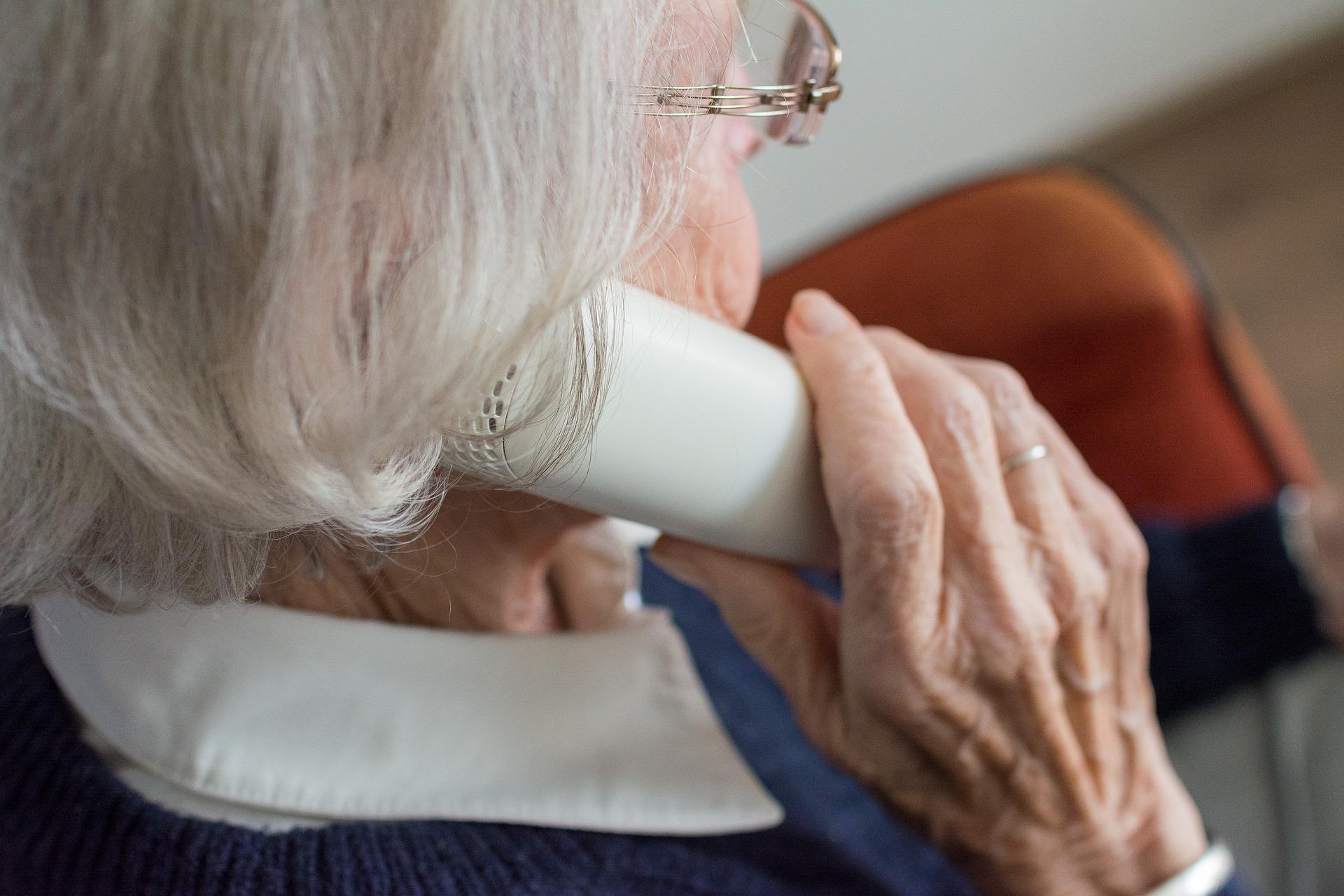Many seniors remain physically and emotionally healthy long into their golden years and may decide to live in their own homes as they age. Aging in place is increasingly popular for those who prefer staying independent, but it has both benefits and drawbacks. If your elderly loved one has expressed a desire to remain at home as long as possible, but you aren’t sure if it is the right decision, consider these factors. Remember that everyone is unique, so your family will ultimately decide based on your understanding of your senior loved one.
Activities of Daily Living (ADLs): When an elderly individual is considering aging in place, their family and the medical practitioner should help them to assess their ADL abilities. Senior citizens who wish to remain living alone should be able to move about their homes safely, can drive or arrange rides, socialize and interact comfortably with others, take care of their health, manage medications, and maintain a clean house. If your loved one can still perform these tasks independently, aging in place is a definite possibility.
Independence: Most senior citizens who choose to age in place do so because their independence is significant to them. These seniors prefer living where they feel comfortable, where the layout is familiar, and where their memories reside. Living independently in one’s own space boosts confidence and can help maintain their activity level. However, the desire to be independent is not reason enough on its own to age in place; seniors must be able to live and function safely without assistance.
There’s No Place Like Home: Many senior citizens cannot imagine ever leaving the place where so many memories also reside. Perhaps they bought the home with their spouse or partner, raised their family, and lived the bulk of their lives within those walls. One of the most common objections to moving into an assisted living facility is leaving familiarity behind. Leaving that home can seem unthinkable to a senior citizen, and aging in place is a far more comfortable option. While this is an understandable thought process, an older adult may not possess the physical ability or cognitive awareness necessary to back up their decision. If the thought of leaving is too much to bear, family members may wish to arrange for a home-health caregiver to provide needed daily support or even consider having a family member move in. If none of these options is feasible, assisted living facilities are an option.
When Aging in Place Is Not the Right Option
No adult wants to be treated like a child, and your aging parent is no exception. Although well-meaning adult children think they know what is best, it is essential to keep seniors involved in the decisions that affect their lives. But there are scenarios when their ability to live independently daily begins to deteriorate, and someone else is required to point out the reality of the situation. There are several reasons why aging in place may not be the right option for some seniors, no matter how passionate their desire for independence.
Safety Issues: A senior’s safety must always be your highest priority. It should not be ignored if your parent’s ability to perform daily activities has decreased, or they are starting to trip or lose balance more often. If they forget to turn off the oven or stove, leave doors unlocked or ajar, or otherwise put themselves in danger – the family may need to rule out aging in place.
Concerns about Isolation: As seniors grow older, they often feel less confident about leaving their homes, driving a car, or putting themselves into unfamiliar situations. They may feel anxious and insecure about going out – but the more they isolate themselves, the lonelier they can become. When someone loses their ability to run errands or drive to visit family, they can miss feeling like they belong anywhere. If a senior citizen is experiencing isolation, it can negatively affect their mental and physical health.
Care Expenses: If your senior increasingly needs a professional caregiver for ADLs, medication management, or medical care, that care cost may become prohibitive. If aging in place equates to increasing costs and expenses, it may be time to consider assisted living. Most assisted living facilities offer a flat rate and inclusive programs to meet your senior loved one at their point of need.
In Conclusion
While remaining in a familiar place sounds sentimental, isolation is not a good option for many senior citizens. Moving into an assisted living residence can provide vital socialization opportunities and ease safety concerns.
If you are discussing aging in place versus assisted living for your loved one, don’t decide before calling A Banyan Residence for more information.

